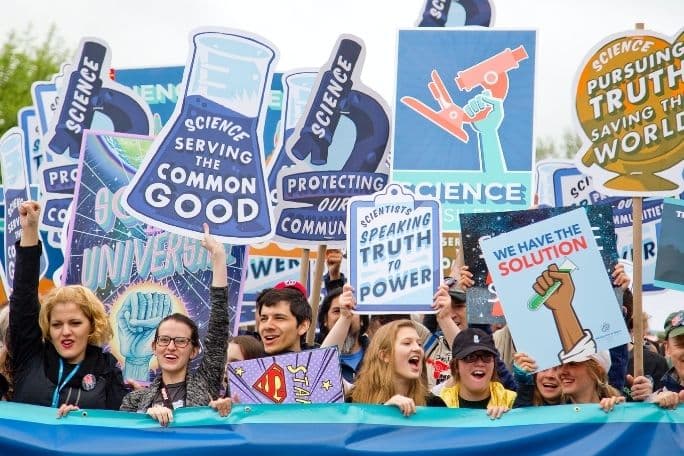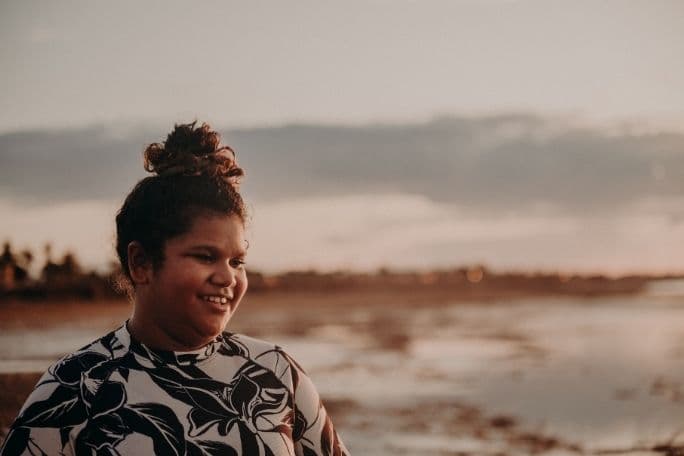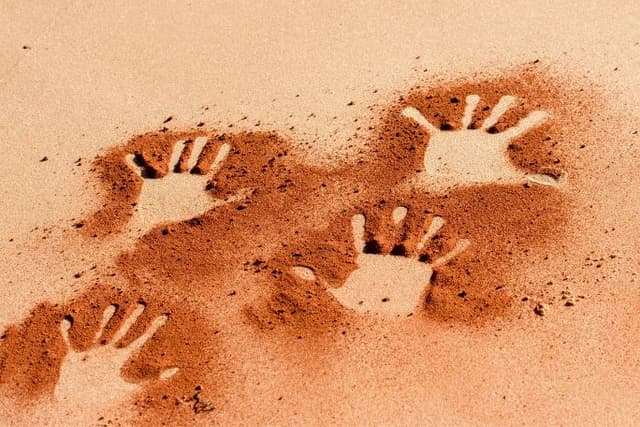
First Nations Science
Acknowledging the oldest teachers on Earth
This unit is designed to bring a contemporary understanding of First Nations Peoples and their scientific knowledge into lessons for teachers of Year 10 Science. We hope these lessons will allow teachers to confidently tackle curriculum areas addressing First Nations understandings and perspectives as they appear in V9 of the ACARA curriculum.
The First Nations Peoples of Australia are the longest-surviving continuous culture on the planet, having been present in Australia (as it is now known) for at least 60,000 years. First Nations peoples are the oldest and most successful teachers on Earth through the cultures, traditions and knowledge passed from generation to generation.
For many non-Indigenous teachers, it can be daunting to teach any content relating to the long and deep history of First Nations peoples through our limited knowledge and understanding of the many and varied practices of the hundreds of peoples from across the continent and through not wanting to make statements that are at best incorrect and at worst disrespectful or hurtful.
Warning: Aboriginal and Torres Strait Islander peoples are advised that these lessons may contain images, voices and names of deceased persons.
Mapped to the Year 10 Science curriculum
Each lesson focuses on a specific content descriptor and associated elaborations relating to First Nations Australians, as shown below.
- Biological sciences Students learn to explain the role of meiosis and mitosis and the function of chromosomes, DNA and genes in heredity and predict patterns of Mendelian inheritance (AC9S10U01) - investigating First Nations Australians' knowledges of heredity as evidenced by the strict adherence to kinship and family structures, especially marriage laws
- Earth and space sciences Students learn to describe how the big bang theory models the origin and evolution of the universe and analyse the supporting evidence for the theory (AC9S10U03) - researching First Nations Australians' knowledges of celestial bodies and explanations of the origin of the universe
- Physical Sciences Students learn to investigate Newton's laws of motion and quantitatively analyse the relationship between force, mass and acceleration of objects (AC9S10U05) - investigating how First Nations Australians achieve an increase in speed and subsequent impact force through the use of spearthrowers and bows
- Chemical sciences Students learn to identify patterns in synthesis, decomposition and displacement reactions and investigate the factors that affect reaction rates (AC9S10U07) - investigating chemical reactions employed by First Nations Australians in the production of substances such as acids and ethanol
- Use and influence of science Students learn to analyse the key factors that contribute to science knowledge and practices being adopted more broadly by society (AC9S10H03) - considering how the traditional ecological knowledges of First Nations Australians are being reaffirmed by modern science and how these practices are being used by Traditional Owners in carbon farming initiatives
- Students learn to examine how the values and needs of society influence the focus of scientific research (AC9S10H04) - researching how the values of 19th and early 20th century Australian society, combined with scientific misconceptions about heredity and evolution, influenced policies and attitudes towards First Nations Australians
Cool has partnered with a respected academic with years of experience working with First Nations groups across Australia, Dr Tim Patston.
Using these lessons
These lessons within the First Nations Science Unit have been created to show how First Nations History, Culture and Knowledge overlap with the Australian Science Curriculum and how this knowledge contributes to our modern understanding of Science as well as recognising and respecting the knowledge and history of First Nations Australians. This unit is not designed to be a comprehensive overview of First Nations History, Cultural Practices and knowledge, and are instead snapshots into thousands of years of accumulated knowledge within what can be complex topics. Before teaching any of these lessons, it is essential to note that the contents of each lesson are not necessarily a representation of the knowledges and practices of all of the hundreds of First Nations groups across Australia; that's like asking a French person to speak on behalf of Italians because they're both from Europe! Instead, what you will find in these lessons are illustrations of the practices of the specific First Nations peoples named in the lesson. With this in mind, Cool highly recommends reaching out to the Elders of your local area to seek their knowledge of the topic or, better yet, invite them to speak to your class! For more information on contacting your local community, click here.
The lessons are intended to be used as you progress through the Year 10 Science curriculum. They are standalone lessons designed to complement the teaching of the theory taught within each of the Science Understanding sub-strands. For example, after teaching students about genetics and inheritance, the lesson discussing First Nations knowledge of heredity can be used to illustrate some of the practices employed by First Nations peoples.
Alternatively, the lessons could be taught as a complete sequence of lessons. At Cool, we suggest the lessons be used when contextually relevant to the sub-strand being taught so that students are exposed to First Nations knowledges throughout the year.
Produced in collaboration with experts
Dr Tim Patston is the leader of Creative Actions consultancy activities. He is co-author with an Indigenous Elder of an educational resource focusing on Indigenous Astronomy.
In addition to his work with schools to develop creativity within students and as an author of Creative Actions, Tim and his family have a long connection with collaborating with First Nations groups to bring illustrations of their understandings to life through Indigenous Astronomy. The Starwheel is an immersive experience for teachers and students, combining the authenticity of First Peoples' voice with Non-Indigenous science. The Starwheel brings an ancient perspective of the night sky to modern observers, shining a light on the complexity and depth of Indigenous observation, science and creativity.
Find Out
Explicit instruction on the topic, increasing in complexity and breadth of knowledge.
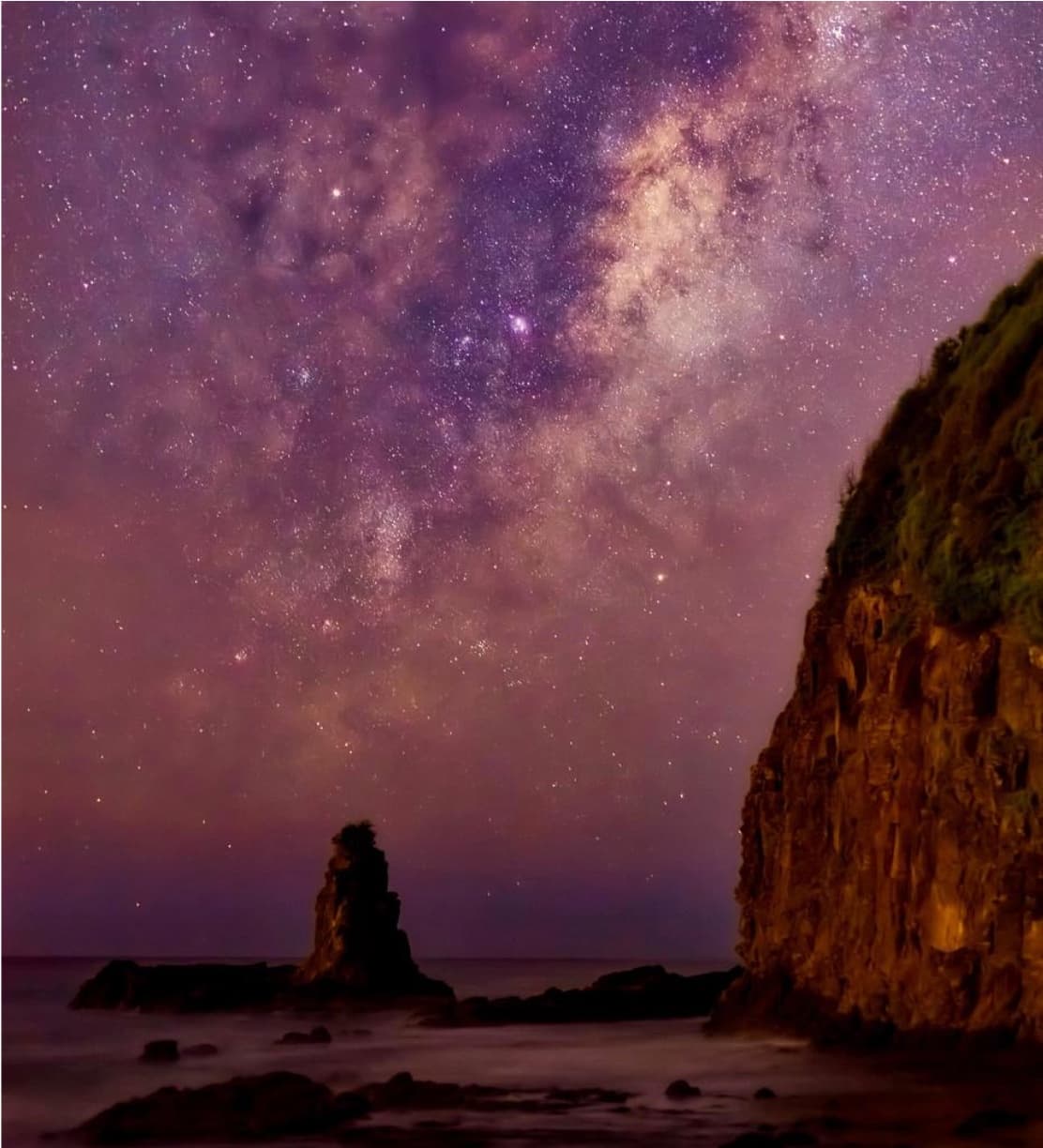
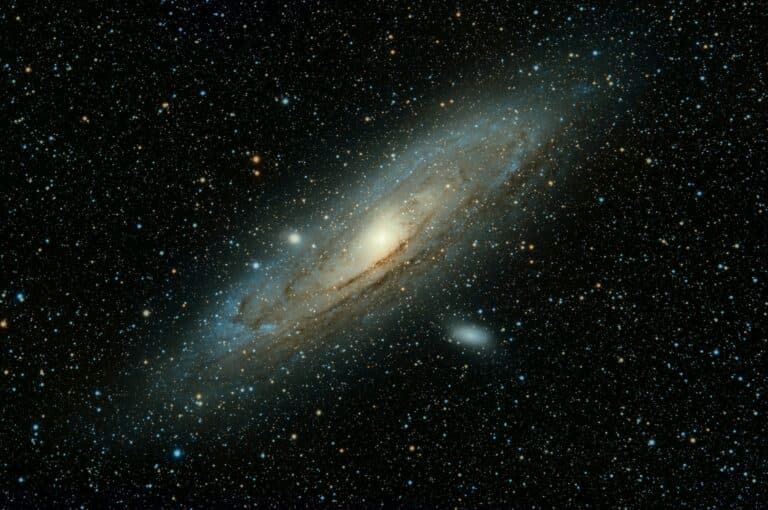
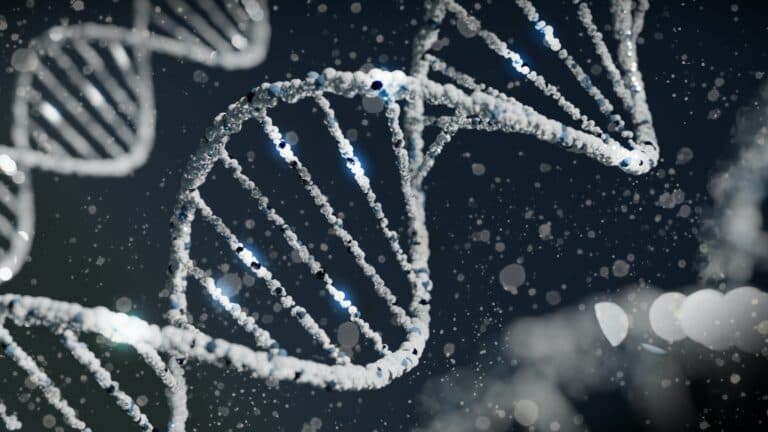
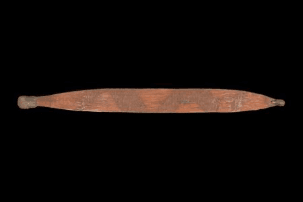
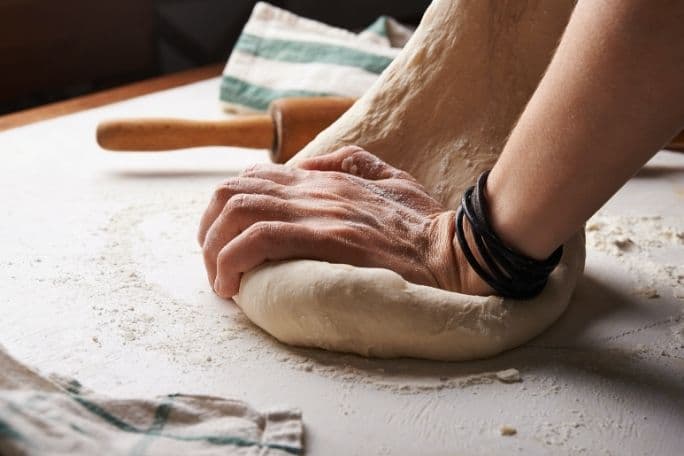
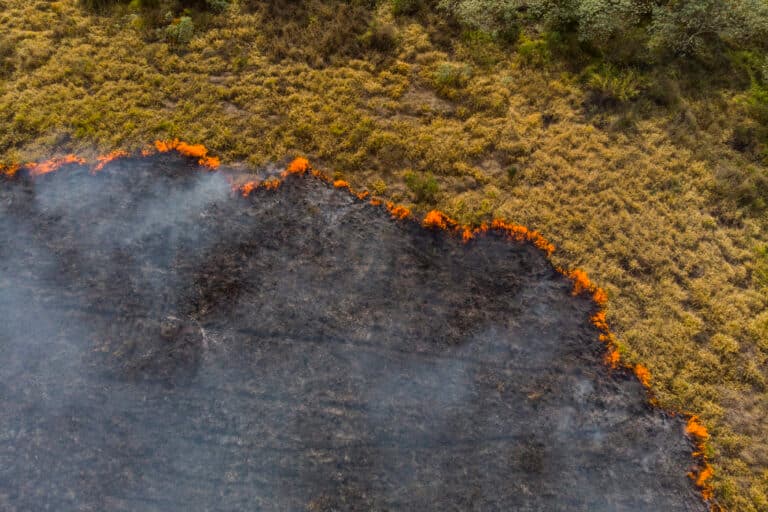
Take Action
Contextualising knowledge and inspiring students through real-world examples. These lessons feature stories of inspirational people and organisations making a difference to help bring the learning to life.
